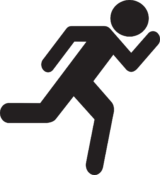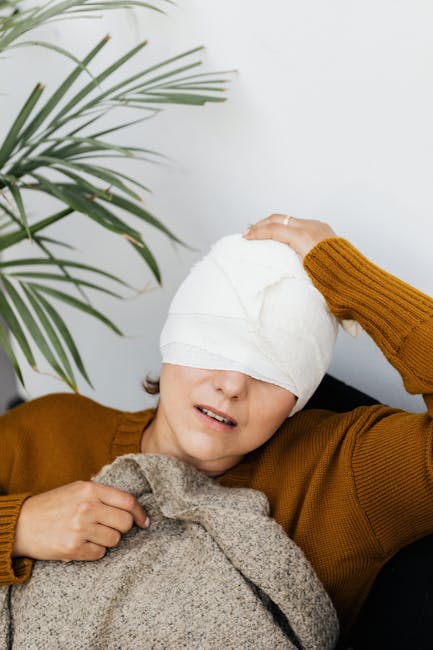The Benefits of Yoga for Head Injury Recovery 🧘♂️
Recovering from a head injury can be a challenging journey, both physically and mentally. Yoga, an ancient practice known for its calming and restorative benefits, can play a significant role in aiding recovery. In this blog post, we’ll explore how integrating yoga into your recovery routine can offer numerous benefits. Whether you’re new to yoga or an experienced practitioner, there’s something here for everyone. Let’s dive in!
Table of Contents
1. Introduction to Yoga and Head Injuries
2. Physical Benefits of Yoga for Recovery
3. Mental and Emotional Healing Through Yoga
4. Best Yoga Poses for Head Injury Recovery
5. Conclusion
6. FAQ
Introduction to Yoga and Head Injuries
Head injuries, ranging from mild concussions to severe traumatic brain injuries, require careful and comprehensive rehabilitation. Yoga offers a gentle, mindful approach to healing. It’s not just about bending and stretching; it’s about reconnecting with your body and mind. The practice of yoga encourages patience, awareness, and holistic healing, which can be particularly beneficial during recovery from a head injury.
Physical Benefits of Yoga for Recovery 🏃♂️
Yoga can be a powerful tool in regaining physical strength and flexibility post-injury. Here are some key physical benefits:
1. Improved Balance and Coordination: Yoga poses enhance proprioception, which is crucial for regaining balance and coordination often affected by head injuries.
2. Increased Strength: Gentle poses help in rebuilding muscle strength without putting undue stress on the body.
3. Enhanced Flexibility: Stretching through yoga can relieve stiffness and improve range of motion, aiding overall physical recovery.
Mental and Emotional Healing Through Yoga 🧘♀️
Beyond the physical, yoga is renowned for its mental and emotional benefits, which are vital during head injury recovery:
1. Stress Reduction: The meditative aspects of yoga help reduce stress and anxiety, promoting a sense of calm and well-being.
2. Mindfulness and Focus: Yoga encourages mindfulness, helping to improve concentration and cognitive function, which can be impaired after a head injury.
3. Emotional Resilience: Regular practice fosters patience, acceptance, and emotional resilience, crucial for navigating the ups and downs of recovery.
Best Yoga Poses for Head Injury Recovery 🌟
While every recovery journey is unique, certain poses are particularly beneficial:
1. Child’s Pose (Balasana): A gentle resting pose that promotes relaxation and reduces stress.
2. Cat-Cow Stretch (Marjaryasana-Bitilasana): Helps improve spine flexibility and enhances coordination.
3. Legs-Up-the-Wall Pose (Viparita Karani): Promotes circulation and relaxation, reducing anxiety and fatigue.
Conclusion
Incorporating yoga into your head injury recovery plan can be a transformative experience. The combination of physical strengthening, mental clarity, and emotional support can significantly aid your healing journey. Remember to consult with healthcare professionals before starting any new exercise regime, especially post-injury. Embrace the practice with patience, and you’ll likely find yoga to be a gentle ally in your recovery.
FAQ 🤔
1. Can I start yoga immediately after a head injury?
It’s essential to consult with your doctor or physical therapist before beginning any exercise, including yoga, post-injury. They can provide guidance on when it’s safe to start.
2. How often should I practice yoga during recovery?
Start with short, gentle sessions a few times a week, gradually increasing frequency as your recovery progresses and your body allows.
3. Are there any yoga styles better suited for head injury recovery?
Gentle styles like Hatha, Restorative, and Yin Yoga are ideal, focusing on slow, mindful movements and deep relaxation.
4. Can yoga help with post-concussion syndrome?
Yes, yoga can help alleviate symptoms of post-concussion syndrome, such as headaches and anxiety, by promoting relaxation and mindfulness.
5. Do I need special equipment to practice yoga?
Not at all! A yoga mat and comfortable clothing are all you need to get started. Props like bolsters or blocks can be helpful but aren’t necessary.

